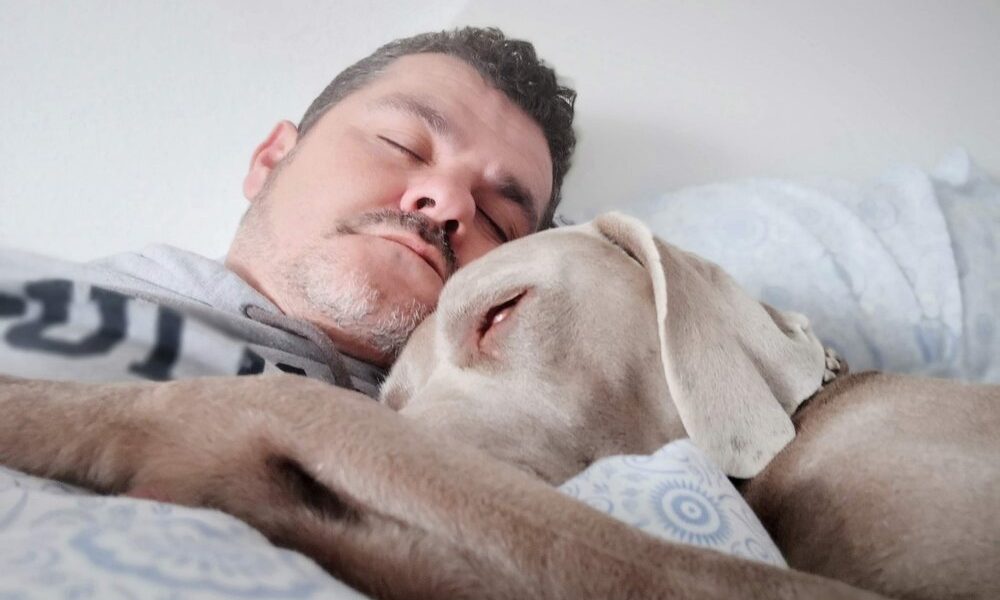
5 Tips to Overcome Pandemic Anxiety & Get a Good Night’s Sleep

When Coronavirus struck the world, everything went haywire. Irrespective of the age, the virus-infected everyone from children to adults and took millions of lives. Moreover, the fear and home-confinement led to problems like depression, anxiety, and stress. Worse, it even triggered a new form of insomnia which is now being called Coronasomnia.
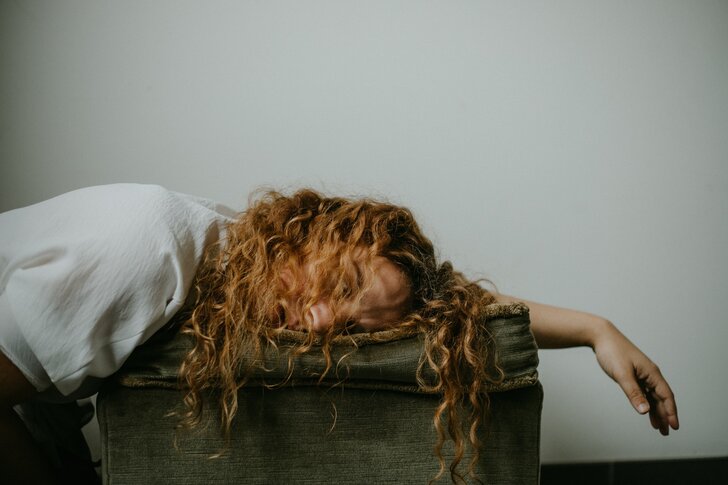
Unsplash | The anxiety resulting from Coronavirus has led many people to experience a new kind of insomnia which is being termed Coronasomnia
Coronasomnia, or sleep disorders springing from the pandemic, arose because of the constant worry about death, social isolation, job loss, life uncertainty, and the unsure future of the Covid-19 vaccine. If you’re suffering from this problem, we feel for you. But we’d also like to make you aware of the fact that ignoring it can result in high blood pressure and several mental health issues.
After thorough research and suggestions from Joey Holt, Amerisleep COO, and sleep expert, we’ve brought you the following tips to combat Coronasomnia.
Read – How to choose a mattress to get better sleep?
Be an early riser
Holt suggests that people should be early birds instead of night owls. Getting up early and exposing yourself to natural sunlight can make a huge difference in your sleeping pattern, especially if it’s followed by transitioning to less light at night. Habits like morning workouts, leaving your office desk at lunch, or simply walking or running for an hour can improve your sleep.

Unsplash | Getting up early and exposing yourself to natural sunlight can help improve your sleeping pattern
Separate your work and personal life
With work shifting to home, people have transformed their bedrooms into offices. We know work is necessary, but so is sleep! That’s why you should refrain from turning your bedroom into a mini-office. Also, avoid using phones regularly. The phone is the biggest enemy of your sleep. It will keep distracting you time and again, but you need to be strong-willed and avoid it.
Learn to say no to caffeine
Nowadays, many people depend on tea and coffee for energy, but they forget that too much caffeine can harm their bodies. Holt advises people to avoid using caffeine-rich products after 2 p.m. Caffeine needs at least 8 hours to get metabolized, so if you consume it after 2 p.m., it will keep you awake and hamper your sleep routine. That’s why people should drink decaf as post-lunch refreshment because it keeps your REM sleep in check.
No more power naps
Even though power naps are a must for working individuals, people should stop taking them. Nowadays, everyone follows a hectic schedule, and it’s next to impossible to avoid naps, but taking a nap can keep you awake at night. Sleep experts say that naps disturb the sleep cycle and cause difficulty in sleeping at night.
Practice calmness
If you’re suffering from mental health problems, sleeping on time might be challenging for you. Try some breathing exercises to calm your body and oxygenate your blood. Usually, bewildered individuals go through a lot of difficulties while sleeping and also have frequent nightmares. To escape these problems, stay patient and calm yourself down.
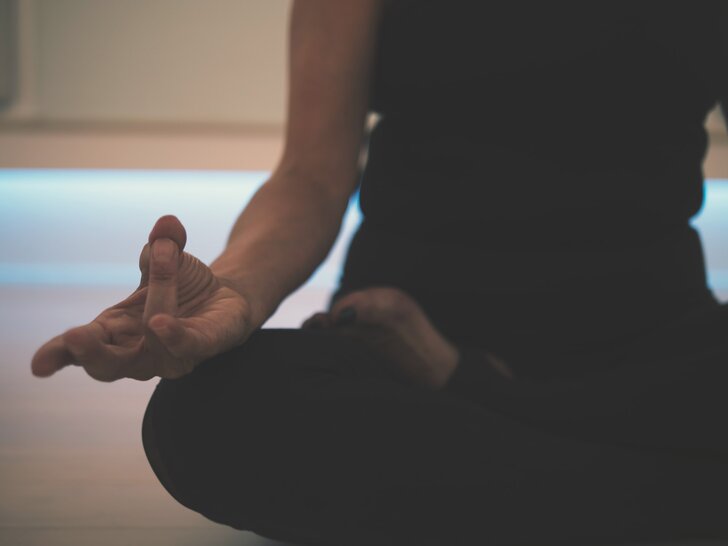
Unsplash | Meditating and practicing breathing exercises regularly helps one sleep better
Summing it up
As the first step, learn to accept yourself and your issues. You can neither change nor induce good habits overnight. Everything takes time, and this will take too. Following a proper schedule and habits that don’t disrupt your sleeping patterns can help you overcome this phase.
More in Health & Well-being
-
`
Why Adults With ADHD Are 3x More Likely to Develop Dementia
We have all heard of ADHD, haven’t we? Hyper kids, distractions galore, restless minds – these are images we often associate...
December 11, 2023 -
`
Signs of Emotional Connection in Relationships
Building a strong connection with someone isn’t just about being in sync or sharing hobbies—it’s about that deeper bond, where you...
December 4, 2023 -
`
Hollywood’s Shortest Marriages: Britney Spears, Carmen Electra & More!
In the glitzy world of Hollywood, where fairy tales often unfold on the silver screen, there exists a flip side—a realm...
December 3, 2023 -
`
The Surprising Benefits of Unplugging
In today’s hyper-connected world, where we are constantly bombarded with notifications, messages, and the allure of social media, disconnecting may seem...
November 26, 2023 -
`
How “Looking Your Best” Improves Our Wellbeing
Most of us have had moments standing in front of our closet, deciding on an outfit for the day. And we...
November 15, 2023 -
`
Therapy? Medication? What Are the Treatments for PTSD
Post-Traumatic Stress Disorder (PTSD) is a common after-effect of traumatic events. It can be a debilitating condition, but the good news...
November 7, 2023 -
`
Meet the Woman Who ALMOST Married Barack Obama
Barack Obama’s life has been a captivating narrative, often told and retold, with each revelation adding layers of intrigue to his...
November 5, 2023 -
`
The Rise of Caviar Bumps, Thanks to Gen Z
In an intriguing twist of culinary culture, millennials and Gen Zers are drawn to an unusual indulgence – fish eggs, or...
October 28, 2023 -
`
Everything You Need to Know About Acid Reflux, Heartburn and GERD
Ever had that burning-in-the-chest sensation after a meal? Or perhaps you have lain awake at night with an odd sour taste...
October 17, 2023









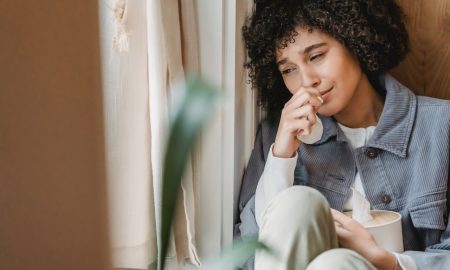


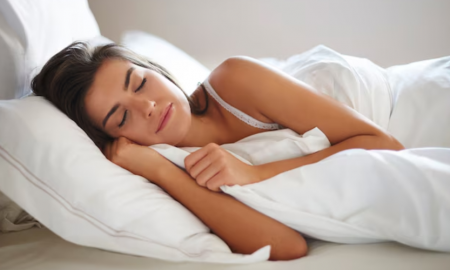


You must be logged in to post a comment Login